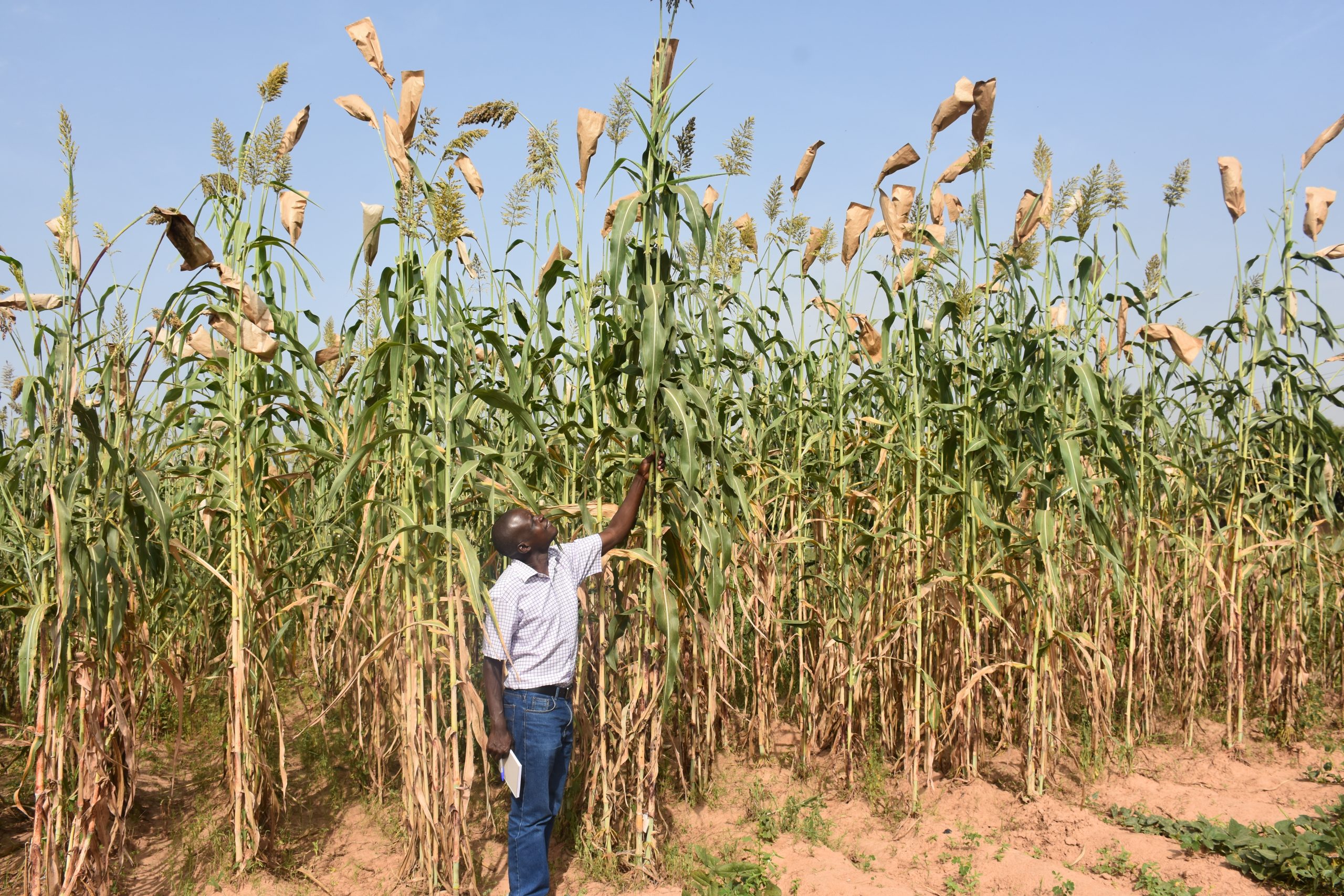July 3, 2024
In a world grappling with regional conflicts, climate change, and fragile food systems, the G7 emphasized sustainable agriculture and food security as essential for global stability in a recent communique. CIMMYT supports this vision through the Vision for Adapted Crops and Soils (VACS) initiative, which the G7 recognized as essential in transforming food systems. VACS aims to boost agricultural productivity with climate-resilient crops and healthy soils.
“With our partners, we will work on concrete and ambitious actions to achieve long-term sustainable development, strong environmental, social, and governance standards, and shared prosperity worldwide,” stated the G7 communique.
Fortifying indigenous crops
The G7 statement highlights the importance of dryland crops for sub-Saharan Africa, particularly ancestral grains and peas in securing nutrient-rich diets. CIMMYT, with over 75 partners such as WorldVeg and the Kenya Agricultural and Livestock Research Organization (KALRO), implements the VACS Quick Wins Seed Systems Project across west, east, and south Africa. The project promotes adoption of dryland grains and legumes, helps smallholders obtain climate-resilient seeds, and connects them with markets and agri-services. CIMMYT and its partners recently published a report which identifies the required training in crop breeding to support project implementation across the continent.
“VACS is working to improve the livelihoods of smallholders,” said Bram Govaerts, CIMMYT’s director general. “CIMMYT is implementing VACS focused on crop breeding, seed systems, partnerships, and capacity development. These areas protect our most important grains from further fragility.”
CIMMYT is also leading genetic research by predicting novel traits necessary for future crop varieties. A 2023 study published in Molecular Plant by CIMMYT scientists identified essential traits in six crops: sorghum, pearl millet, groundnut, cowpea, maize, and common bean. These characteristics could improve global food and nutrition security. High-yielding traits in legumes are being scaled up for delivery by CIMMYT and Afriseed through the Southern Africa Accelerated Innovation Delivery Initiative (AID-I) Rapid Delivery Hub, targeting over 35,000 smallholders in Zambia during 2023-2024.
 Monitoring Field Visit in Mali, West Africa. (Photo: CIMMYT)
Monitoring Field Visit in Mali, West Africa. (Photo: CIMMYT)
Capacity development through sustained global partnerships
Several G7 members, including the United States, support CIMMYT’s efforts with VACS. A key component of the initiative is capacity building for local researchers and practitioners. A recent initiative aims to train African breeding programs and research professionals, creating a cohort of VACS Fellows to strengthen local and regional food systems. In Guatemala, InnovaHubs, through partnership with CGIAR, Mexico, and Norway, brings farmers closer to markets, technologies, and high-quality seeds.
Strategy for the future
With over 130 countries depending on food imports and over 1.3 billion people considered food insecure, CIMMYT’s 2030 Strategy provides a comprehensive plan forward for agrifood systems through innovative research and partnerships. “Our partners provide the local knowledge and expertise to ensure our research has an impact on smallholder communities. Only through close collaboration with local actors can we transform global food production to become more inclusive and sustainable,” said Govaerts. “We stand ready to support G7 goals for shared prosperity.”